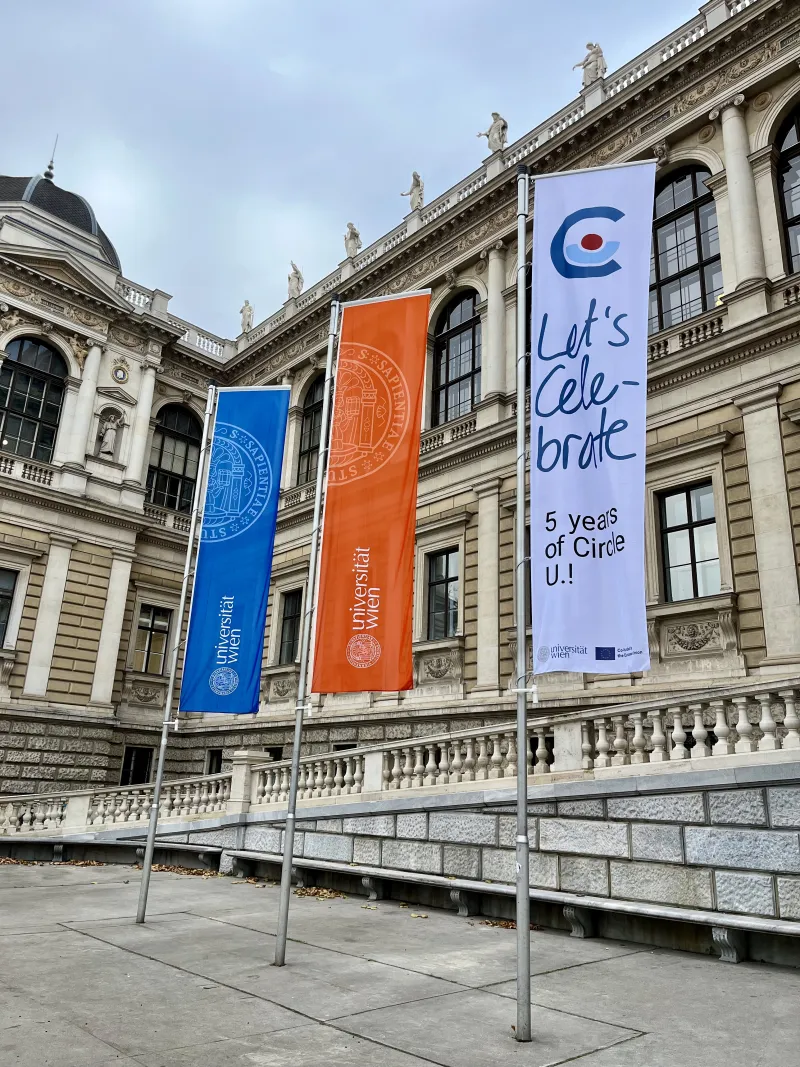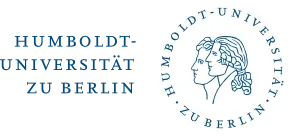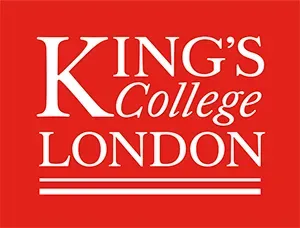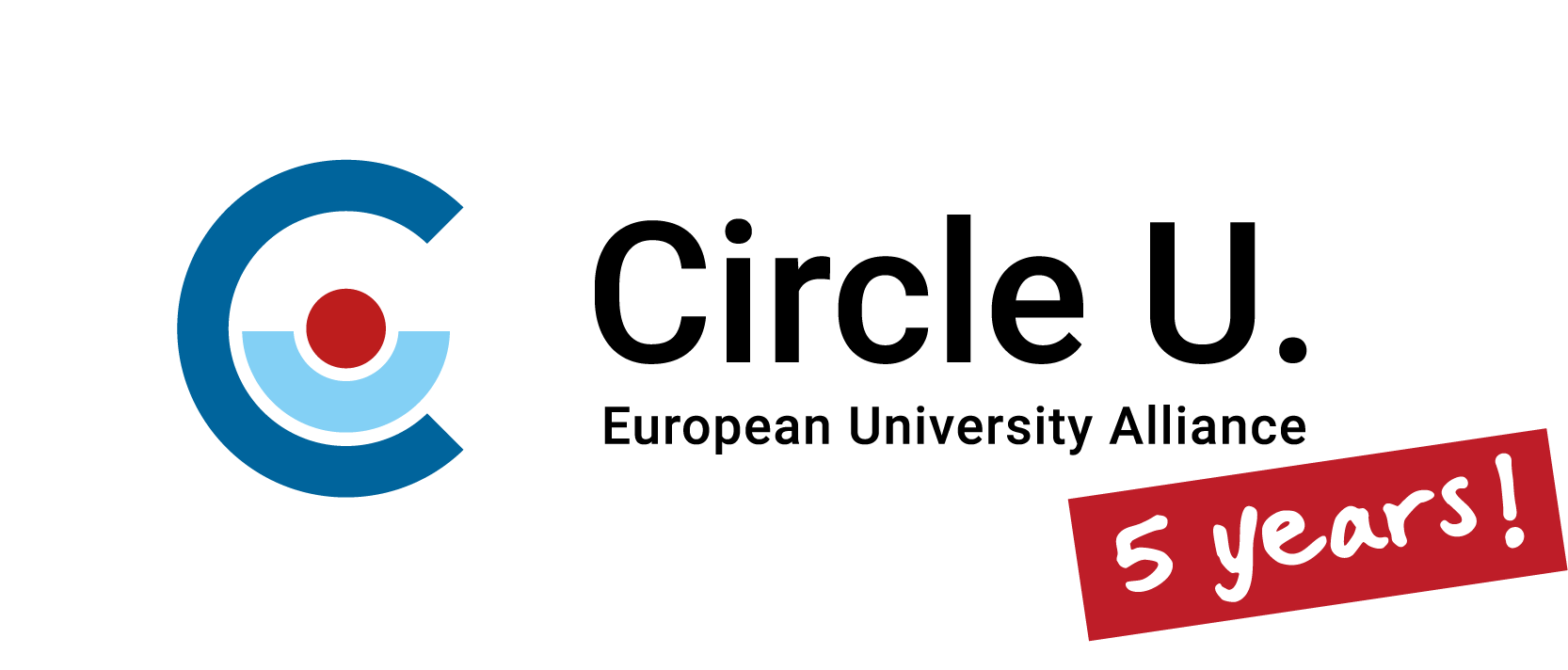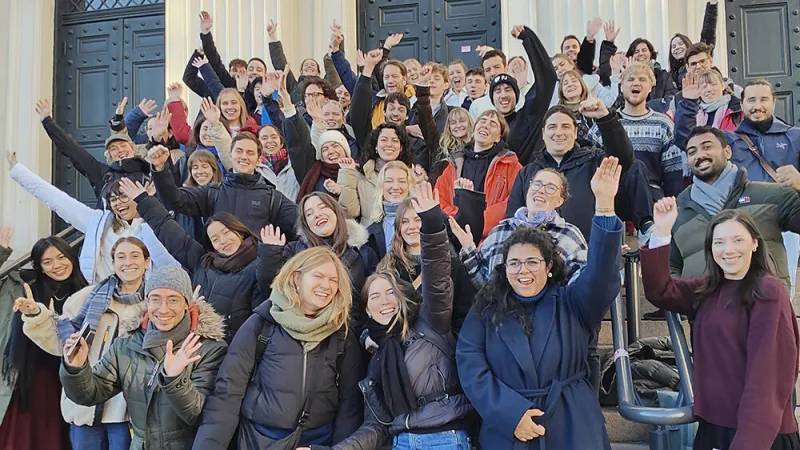
Groundbreaking European collaboration
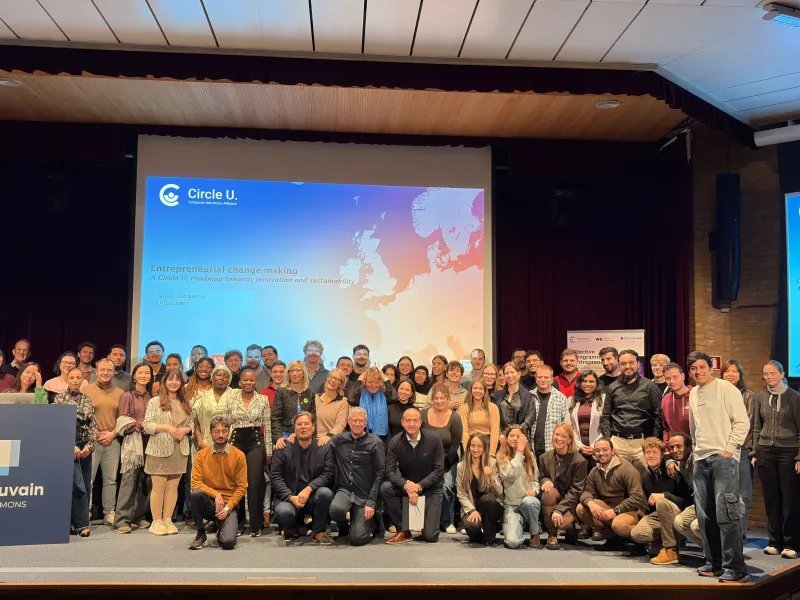
Training tomorrow's change-makers: an inspiring Circle U. week at UCLouvain

Exploring Mixed Methods in Applied Linguistics Research : One Week at UCLouvain

What to look forward to in 2026?
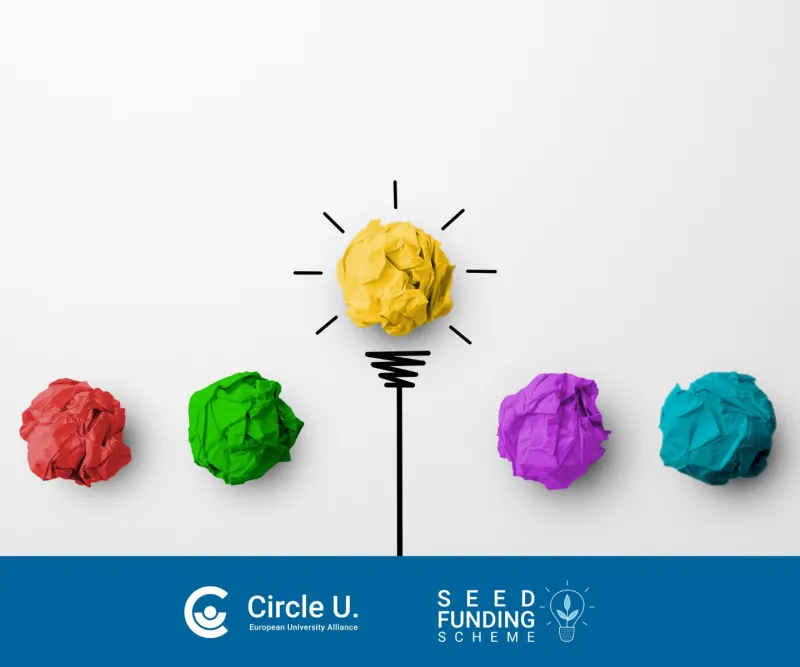
Circle U. Seed Fund: discover the 11 funded projects

Circle U. 5 years celebration continues at Université Paris Cité

Join the BRIDGE Movement: Find Your Community, Share Your Story, Create Change

Reassessing Research: A Call for Change from Circle U.

Review of the Science Matters Seminar: “From Curiosity to Reflection”
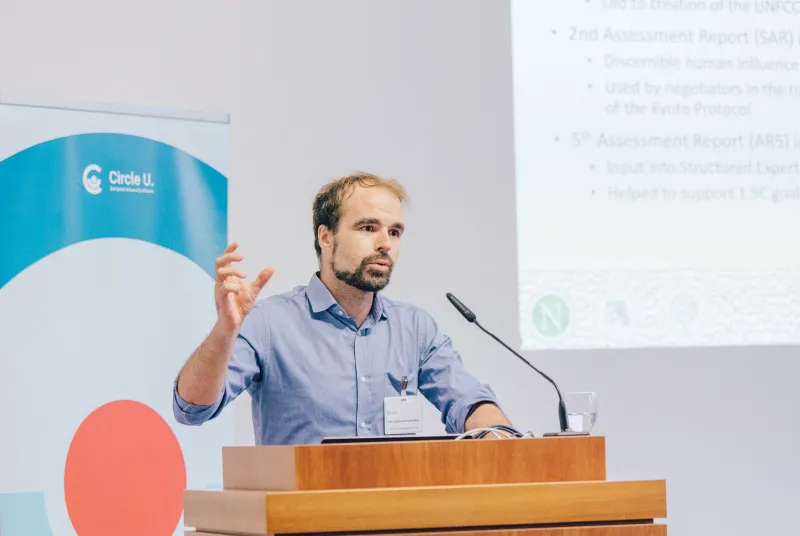
Speakers wanted: Circle U.nited for Sustainability
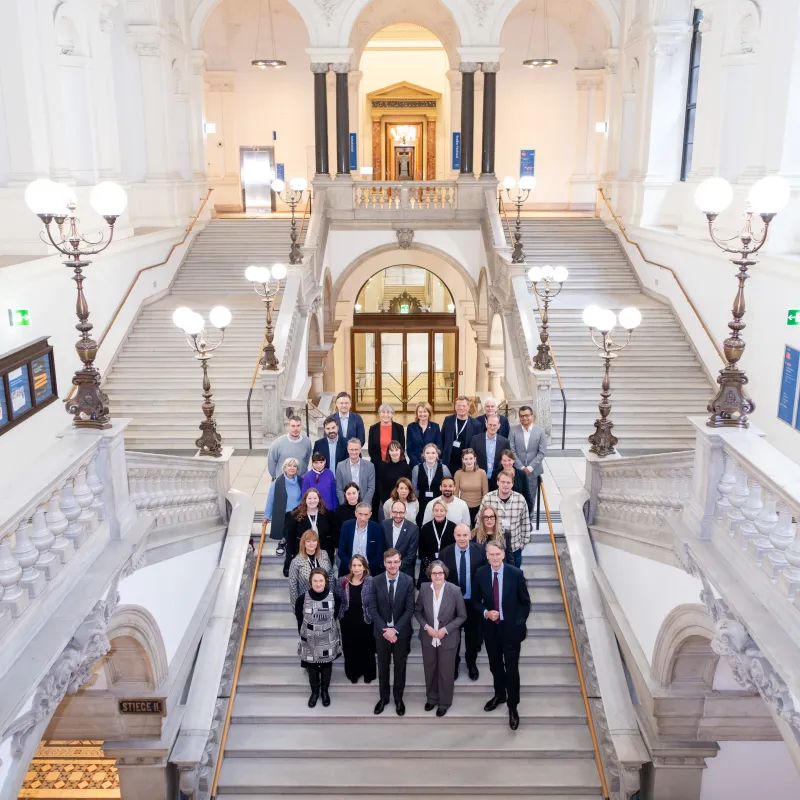
Closing a Landmark Anniversary: the Circle U. General Assembly in Vienna
